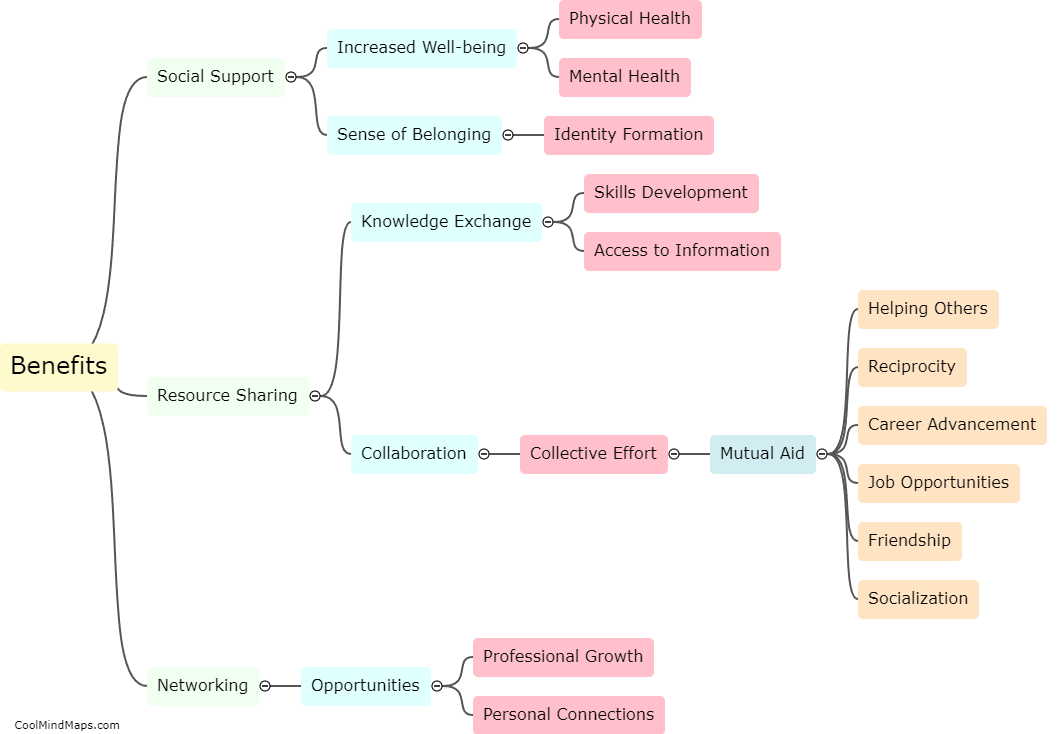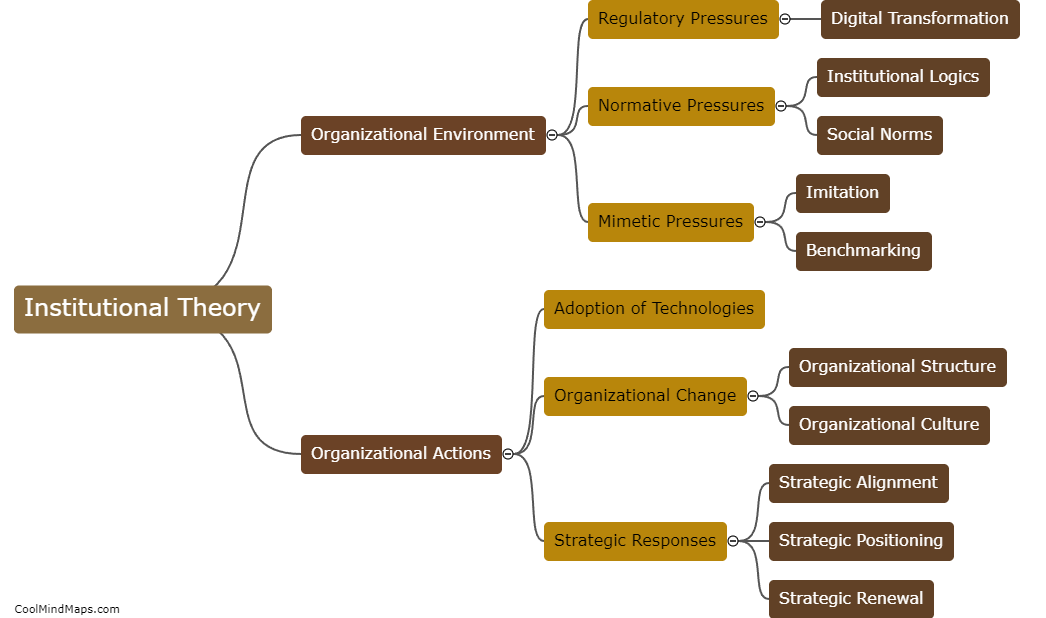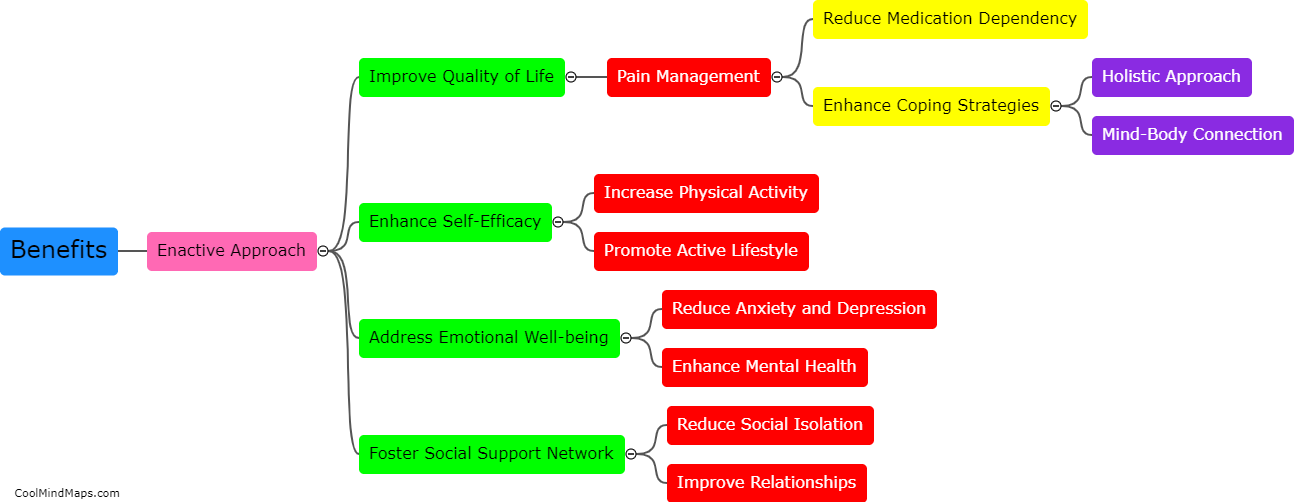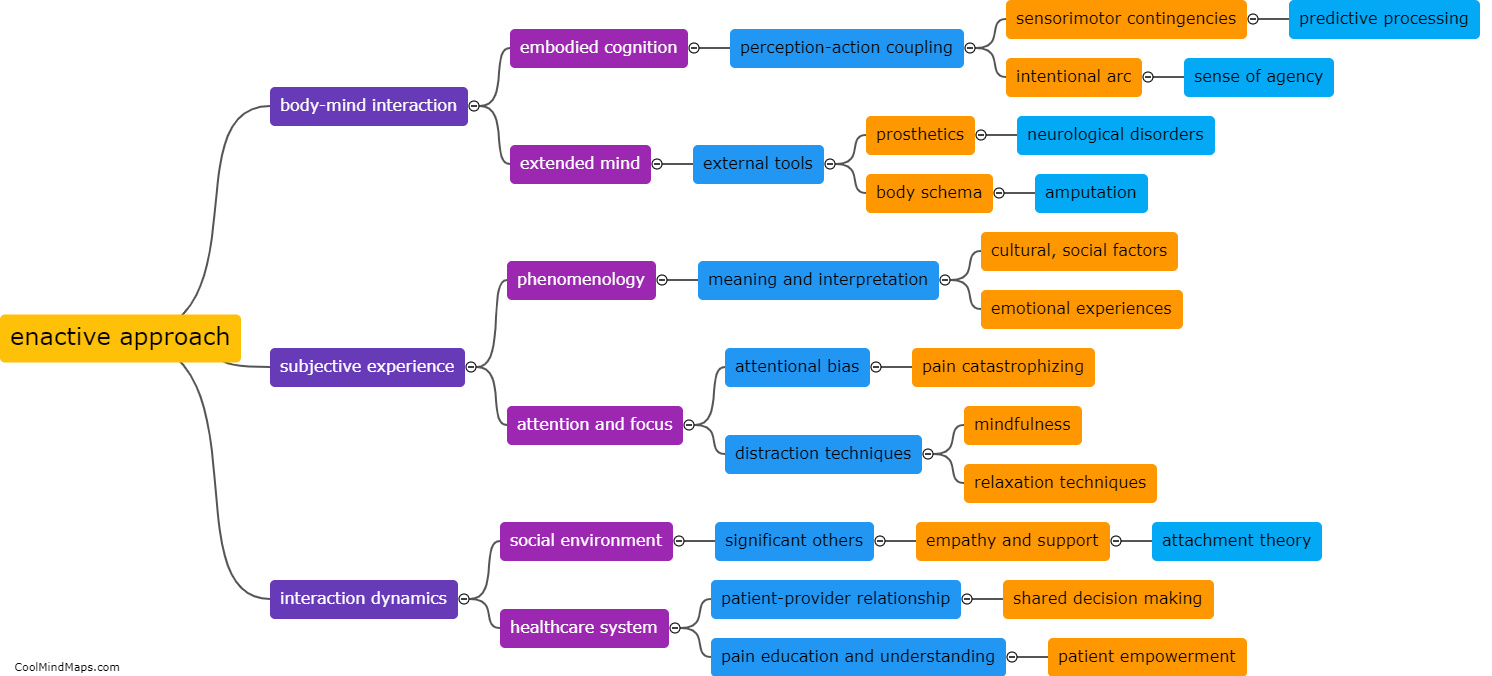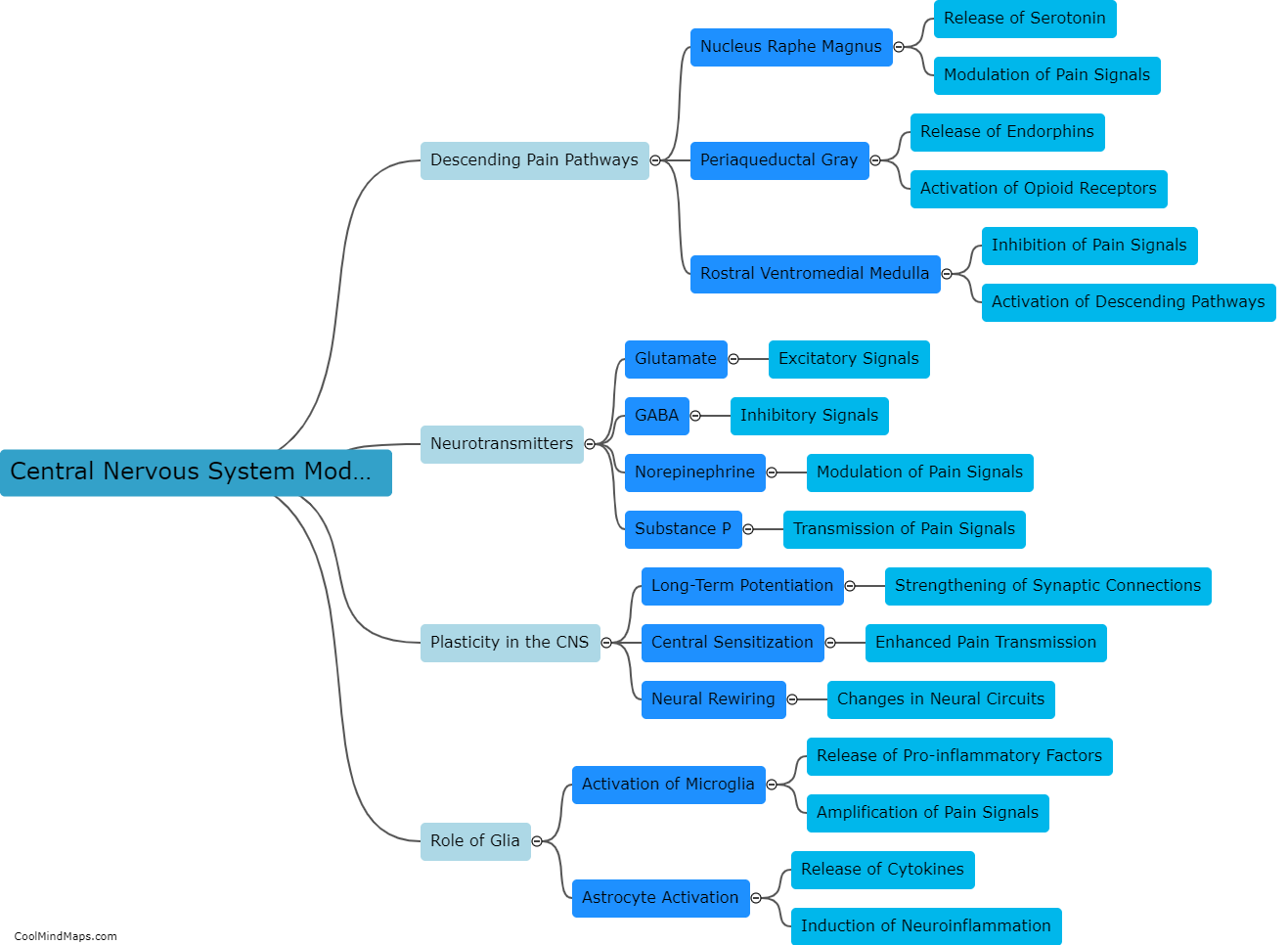What are the potential conflicts between managing chronic pain and ethical principles?
Managing chronic pain can often create conflicts with ethical principles. The primary conflict arises when healthcare professionals are balancing the goals of providing adequate pain relief to patients and avoiding potential harm. The use of opioids for pain management may create a dilemma as it carries the risks of addiction, overdose, and diversion. On one hand, withholding or limiting the dose of opioids to minimize these risks can result in undertreatment of pain, which is ethically problematic. On the other hand, prescribing higher doses of opioids to adequately manage pain may contribute to the opioid crisis and raise concerns about beneficence and non-maleficence. Additionally, conflicts can also arise when utilizing alternative therapies that lack substantial evidence to support their effectiveness, potentially compromising autonomy and informed consent. Overall, managing chronic pain requires a careful balance between respecting autonomy, preventing harm, and ensuring adequate pain relief, making ethical considerations crucial in decision-making.

This mind map was published on 2 December 2023 and has been viewed 94 times.

